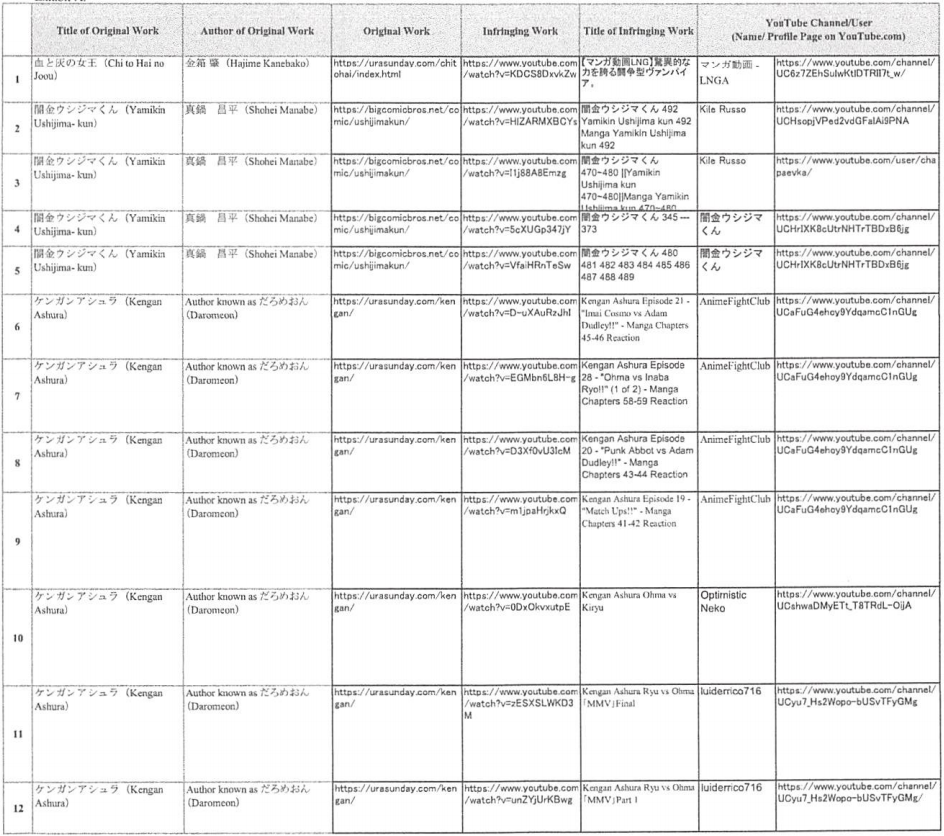
Shogakukan Forces YouTube to Hand Over Personal Information of Manga Pirates
- One of the leading Japanese manga publishers, Shogakukan, is targeting YouTube users with DMCA subpoena.
- The court that signed off the request was the California district court, and the target platform is YouTube.
- The uploaders may remain anonymous if they weren't after making any money out of their videos.
Shogakukan, the well-known Tokyo-based publishing giant has had enough of manga pirates on YouTube, so the company decided to obtain a DMCA subpoena to compel the video platform to hand over PII information of the targeted individuals, including their IP logs, addresses, and financial information. Many YouTube users buy Shogakukan's books and comics, scan them as PDFs, and then convert them to videos with matching music, viewing each page for a minute or so before going to the next one. This way, people can read the comics without paying Shogakukan a dime, while the uploader can receive financial benefits from the views.
Usually, these cases are dealt with YouTube's Content ID system, where the copyright owner informs the platform of the infringement and the video is taken down. However, Shogakukan decided to take the DMCA subpoena way, submitting the relevant request to a California district court. The subpoena was signed off by the court's clerk, and this means that YouTube is compelled to reveal the identification information of the pirates. This is the second time in ten days that we see a DMCA subpoena getting approved, following fifteen years of multiple rejections.
Usually, these identification information requests are sent to entities that possess enough details about the alleged infringer, like an internet service provider, or even the host of the website. In this case, it is YouTube who is the recipient of Shogakukan's letter, and YouTube seems to have enough information in their hands for any user. From the account details and the AdSense information to the IP address logs (geographical location) and telephone numbers (for 2FA) - this should be enough for Shogakukan to locate the manga pirates.
image source: torrentfreak.com
All that said, what remains to be answered is the number of YouTube users that are targeted by the Japanese publisher. Apparently, Shogakukan has submitted a list of the infringing titles and is asking YouTube to hand over all information related to those who uploaded or posted those titles. On the list, there are 12 targeted channels, so we're talking about at least twelve people who are about to get into trouble. If these people haven't activated AdSense and weren't after making money, they are not likely to have provided their real identities anyway.
Do you think that profitable piracy on YouTube will soon reach the end of the road? Let us know of your views in the comments down below, and also on our socials, on Facebook and Twitter.






